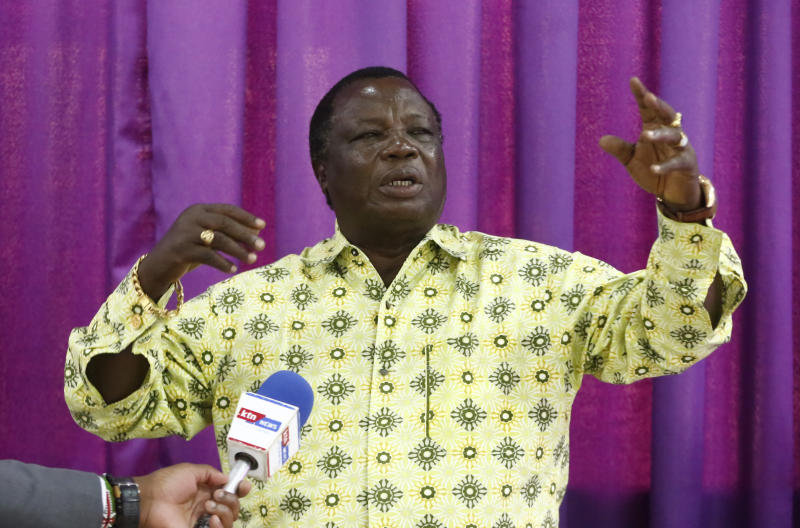
A little-known road in Nairobi’s Kileleshwa has been the staging ground of a battle.
The contention is between those who wish the thoroughfare to be renamed Francis Atwoli Road and those who seek to retain its old moniker. The signage that bears the name has been sprayed over, pulled down and burnt by arsonists. Each time it has been defaced, local authorities have moved with celerity to restore it. In a country fissured by highly divisive politics, this battle of wills is not without significance. It represents a clash between the old conservative order and the new, ostensibly progressive one, that the vandals belong to.